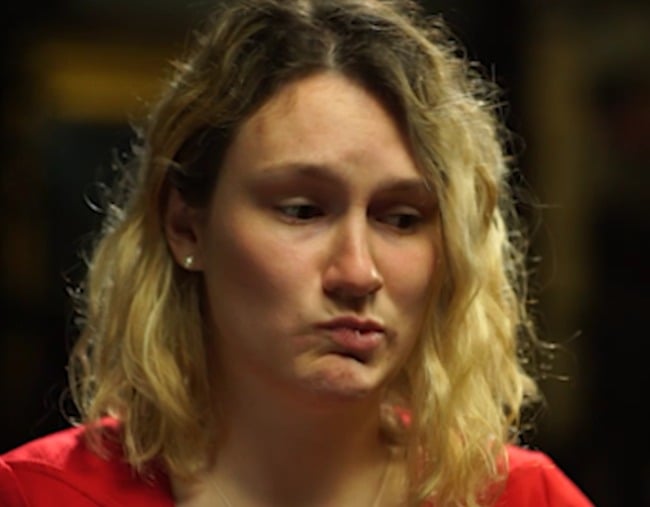
On Monday, ABC’s Four Corners introduced the nation to a brave young woman called Saxon Mullins.
We all knew her story.
She was, as she says, “that girl”. The then 18-year-old who, almost exactly five years ago, was led to an alleyway behind a Kings Cross nightclub and was anally penetrated by a 21-year-old man named Luke Lazarus she’d met four minutes earlier. It was her first ever sexual experience, and the encounter catapulted her into the centre of a highly-publicised rape trial. But never before had we seen her face or known her name.
When the case first went to trial in 2015, Lazarus was found guilty of sexual intercourse without consent by a jury and sentenced to five years jail. But he was out of prison on bail within 11 months after his legal team appealed the conviction. He was granted a retrial with a judge alone, Robyn Tupman. Lazarus was ultimately acquitted. An attempt to reverse this last year with a second appeal failed in November.
The case threw into question our definition of consent.
In her verdict, Judge Tupman agreed Mullins hadn’t consented to sex, but that it wasn’t enough: Lazarus, Tupman ruled, thought Mullins was consenting.
“She did not take any physical action to move away from the intercourse or attempted intercourse,” Tupman said.
“I stress that I do not accept that the complainant, by her actions, herself meant to consent to sexual intercourse and in her own mind was not consenting to sexual intercourse.
“Whether or not she consented is but one matter. Whether or not the accused knew that she was not consenting is another.”

